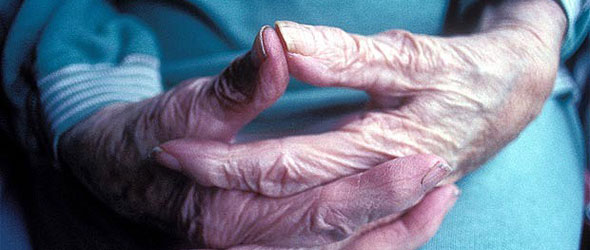Less than one in three female pensioners in Ireland receive the maximum contributory pension and two-thirds rely on non-contributory pension, leaving many women disadvantaged in later life, says a new report today. The report Older Women Workers’ Access to Pensions: Vulnerabilities, Perspectives and Strategies was produced by NUI Galway and Queen’s University Belfast with funding from the Centre for Ageing Research and Development in Ireland (CARDI).
The research highlights the issue of gender inequality in pension provision in Ireland, north and south. It underlines the vulnerability of older women and examines the factors that contribute to lower pension incomes among women, including labour force participation and time spent caring for dependants The report also looks at strategies used by older women and finds many depend on partners’ or husbands’ incomes for a secure future, even though they may well outlive them since women have longer life expectancies.
Launching the report, Inez McCormack, first female president of the Irish Congress of Trade Unions, said:
“This report comes at a crucial time in light of the changes recently announced in the Republic of Ireland[i] and Northern Ireland. It makes the issue of women and pensions visible – a crucial step towards the state living up to its obligation to protect the most vulnerable with regard to social security, which is a human right.”
A research brief based on the report and other available data was also launched by the CARDI.
Key findings:
- Women in RoI receive less than half as much from occupational
pensions as men and their income from private pensions is only 60%
that of men (Central Statistics Office, 2011a).
- Incomes of older women in RoI excluding social transfers were €98 lower per week than those of men, leaving them on 58% of male incomes. Women depend more on social transfers than men and even after social transfers their incomes are lower (Central Statistics Office, 2011a).
- Within the UK and the Republic of Ireland, the pensions system has begun to address barriers to equal access by gender. However, women continue to experience differential access to pensions, and particularly occupational and private pensions (Duvvury, et al., 2012).
- Women are almost four times more likely than men to be in part-time work in both RoI (Central Statistics Office, 2011b) and NI (Northern Ireland Statistics & Research Agency, 2011a).
- In the RoI in 2009, women accounted for only one-third of those receiving the state contributory pension and two-thirds of those receiving the lower non-contributory pension (Duvvury et al, 2012).
- In RoI twice as many men as women earn €50,000 or more per year (Central Statistics Office, 2012); in NI women in their 50s earn £90 per week less than men (Northern Ireland Statistics & Research Agency, 2011b).
Nata Duvvury, co-Director of the Global Women’s Studies Programme at NUI Galway, one of the lead investigators of the report commented:
“Women are often the holders of low pay and part-time jobs which will dramatically affect their ability to build pensions. With the economic crisis, this particular group in society is being put under even more financial pressure and the long-term result looks set to be financial insecurity in older age.”
Roger O’Sullivan, Director of CARDI, said: “With the number of women aged 65+ set to rise by more than half a million in the next 30 years on the island of Ireland, addressing low pension income amongst older women now and for future generations is vital. This research underlines the gender gaps in the pension systems in the Republic of Ireland and Northern Ireland and makes an important contribution to understanding how such gaps might be closed.”












Speak Your Mind